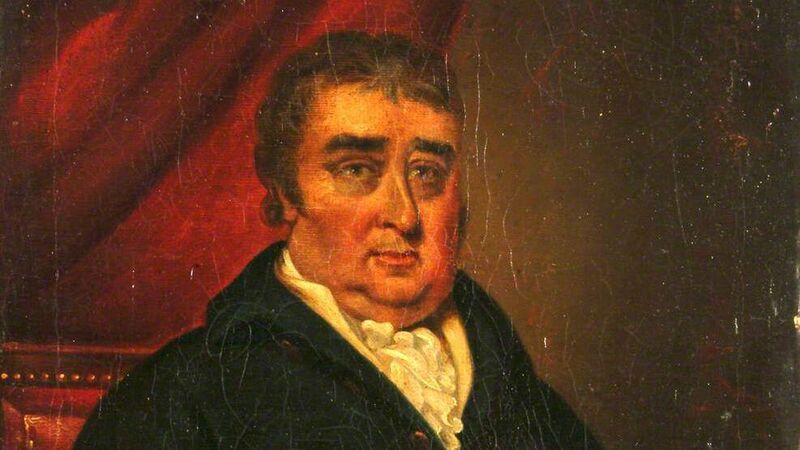Patriot, orator, opportunist and hunter: Roscommon MP Arthur French

Arthur French, born in 1765 when George III was king, came from a long-standing gentry family that owned the French Park Estate outside the village of Frenchpark, or Dungar, Co Roscommon.
His father, another Arthur, had prospered from the Dublin wine trade with Bordeaux, where Irish emigrants had established many prestigious chateaux.







